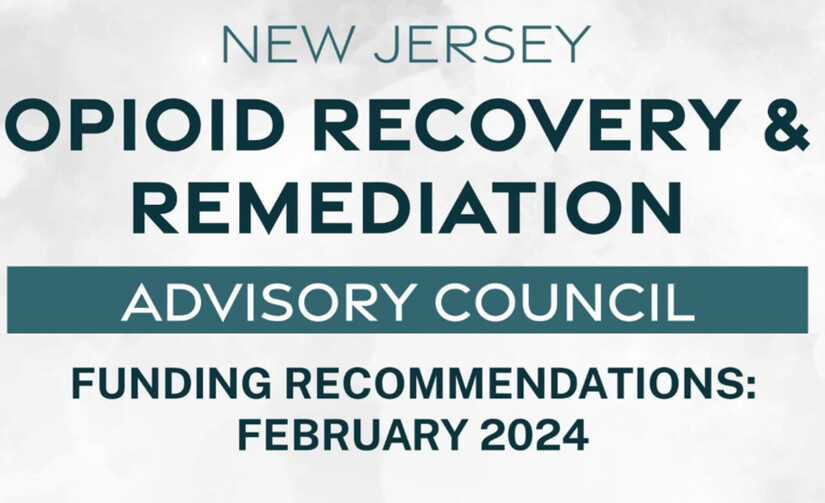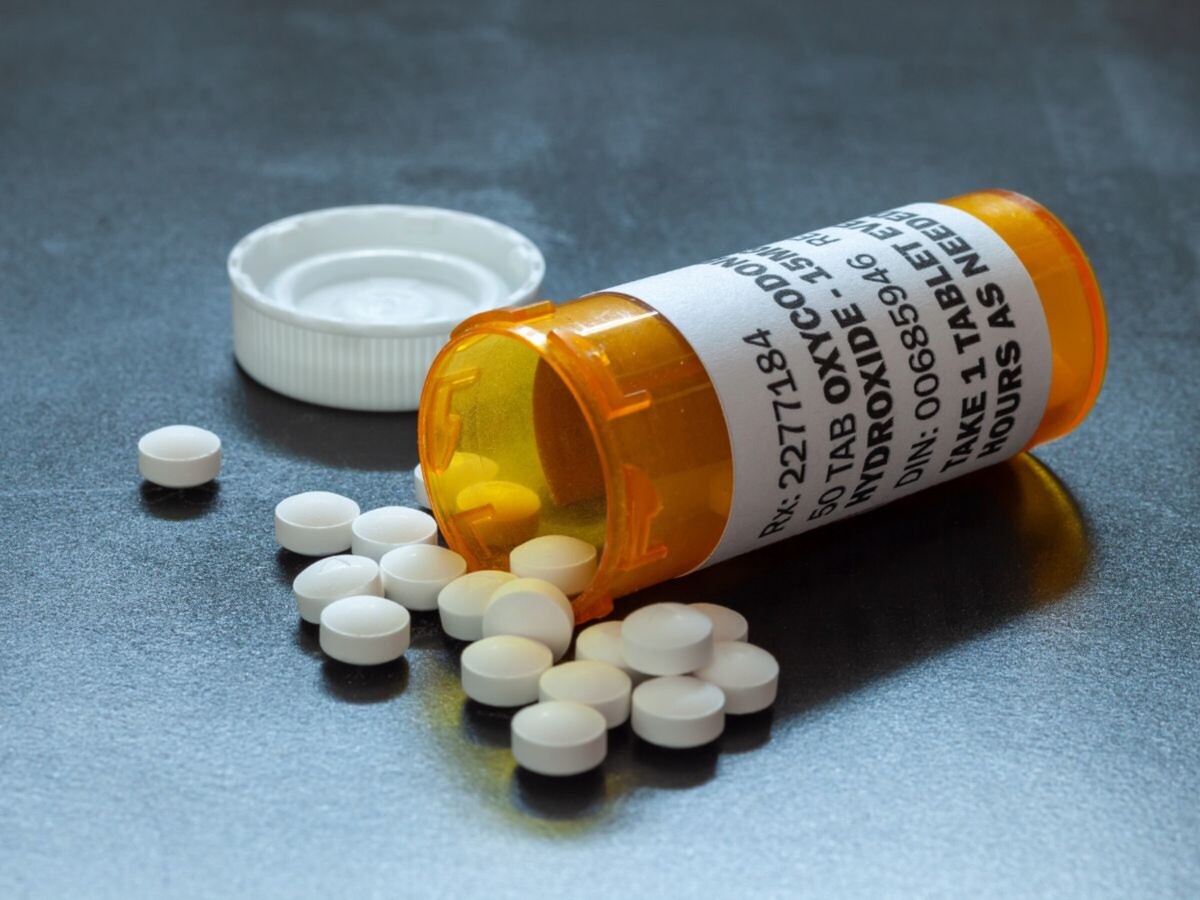Governor Murphy Allocates $95 Million to Combat Opioid Crisis in New Jersey
The funding aims to support life-saving programs across four critical areas, marking a significant step in the statewide fight against addiction.
In a pivotal move to address the escalating opioid crisis, Governor Phil Murphy has announced the allocation of over $95 million from New Jersey's Opioid Recovery and Remediation Fund. This substantial investment is directed toward bolstering six vital programs that aim to mitigate the opioid epidemic's impact on the state's residents. The initiative, guided by the State’s Opioid Recovery and Remediation Advisory Council and informed by public feedback, focuses on harm reduction, prevention and recovery support, treatment, and housing.
Governor Murphy emphasized the historic nature of this funding, aiming to connect those battling substance use disorders with critical resources for treatment and recovery. This initiative represents a concerted effort to empower New Jersey families and individuals affected by addiction, offering them support for sustained recovery.

The funding will be distributed among various initiatives designed to enhance services for individuals adversely affected by the opioid crisis:
- $24 million over two years to expand harm reduction services at authorized Harm Reduction Centers and through partner organizations.
- $17.505 million over three years to enhance operations at New Jersey’s 22 Community Peer Recovery Centers.
- $9.025 million over three years for additional mobile units providing Medication-Assisted Treatment (MAT) services.
- $19.5 million over three years to scale up remote referrals for 24/7 connections to care from vetted treatment providers.
- $17 million over three years to support the housing continuum, including emergency shelter beds and permanent housing assistance.
- $8.1 million over three years to expand the New Jersey Keeping Families Together program, which aids parents with opioid use disorder through housing vouchers, case management, and other supports.
The Departments of Human Services, Health, and Children and Families will administer these programs, indicating a holistic approach to combating the opioid crisis. Additionally, the state plans to address emerging challenges, such as the threat of fentanyl adulterated with xylazine, allocating $500,000 for related supplies and testing.
This investment builds upon the Murphy Administration's ongoing efforts to innovate and implement evidence-based initiatives to reduce harm and save lives, signifying a robust response to the opioid epidemic in New Jersey.
Officials, including Sarah Adelman, Acting Health Commissioner Dr. Kaitlan Baston, and Attorney General Matthew J. Platkin, have lauded the initiative, emphasizing its potential to save lives and provide essential resources to communities statewide. The advisory council's recommendations reflect a comprehensive engagement process, highlighting the administration's commitment to addressing addiction as a multifaceted health issue.
As New Jersey continues to receive over $1 billion in settlement funds over the next two decades, this allocation represents a foundational step in the strategic and impactful use of resources to combat the opioid crisis. The focus on expanding access to harm reduction, treatment, and recovery services underscores a significant milestone in the state's efforts to foster resilience and support those impacted by addiction.















